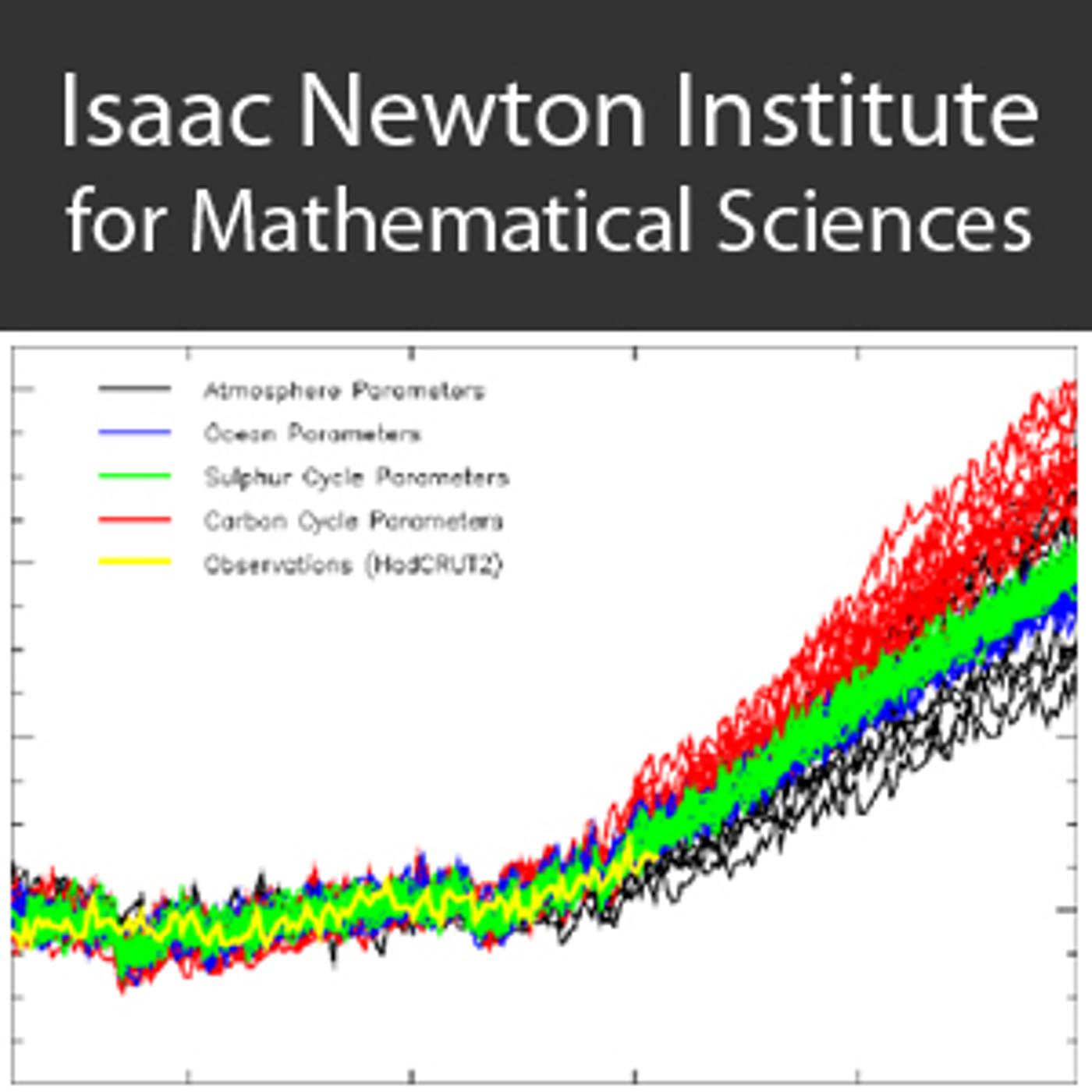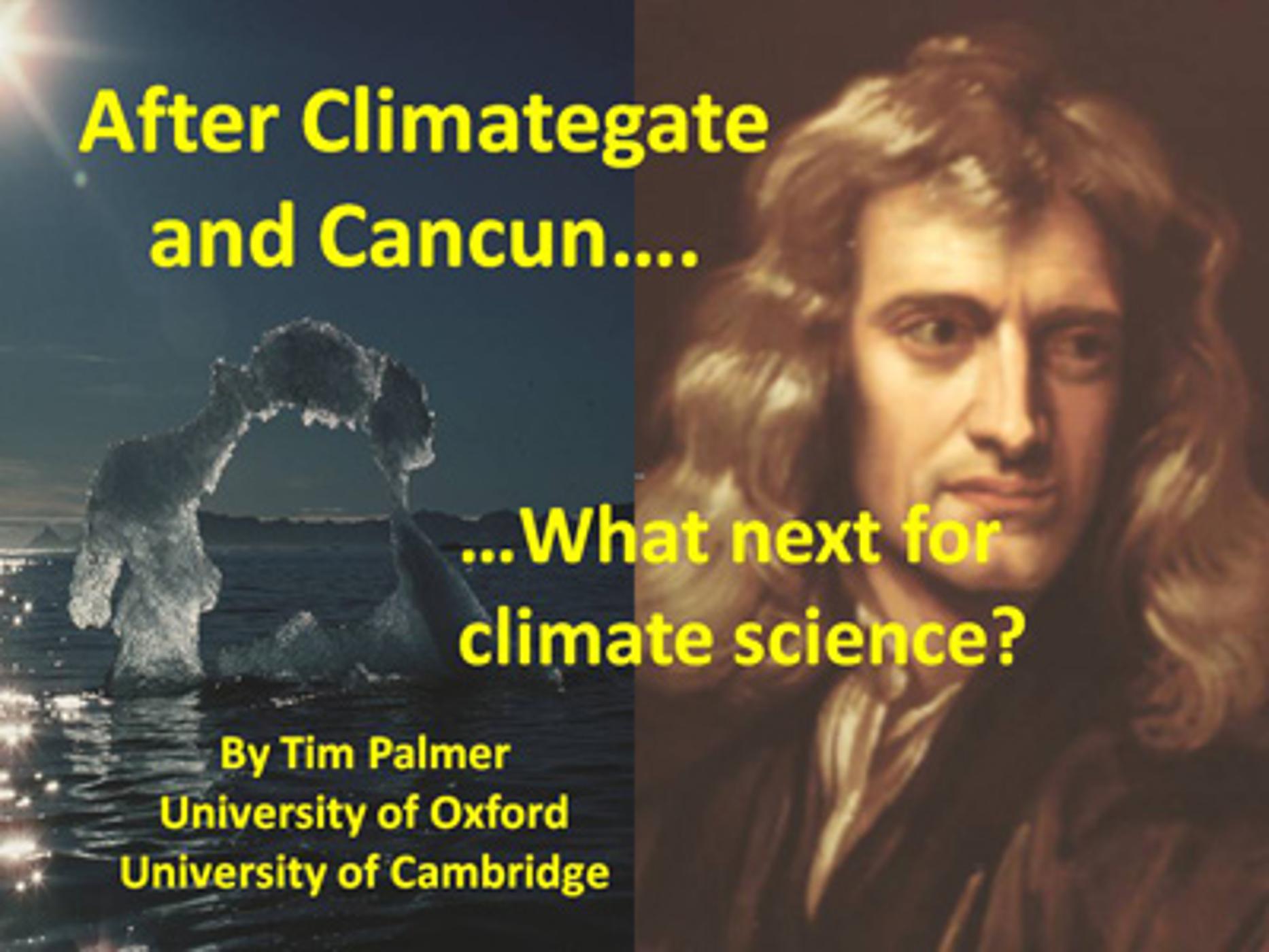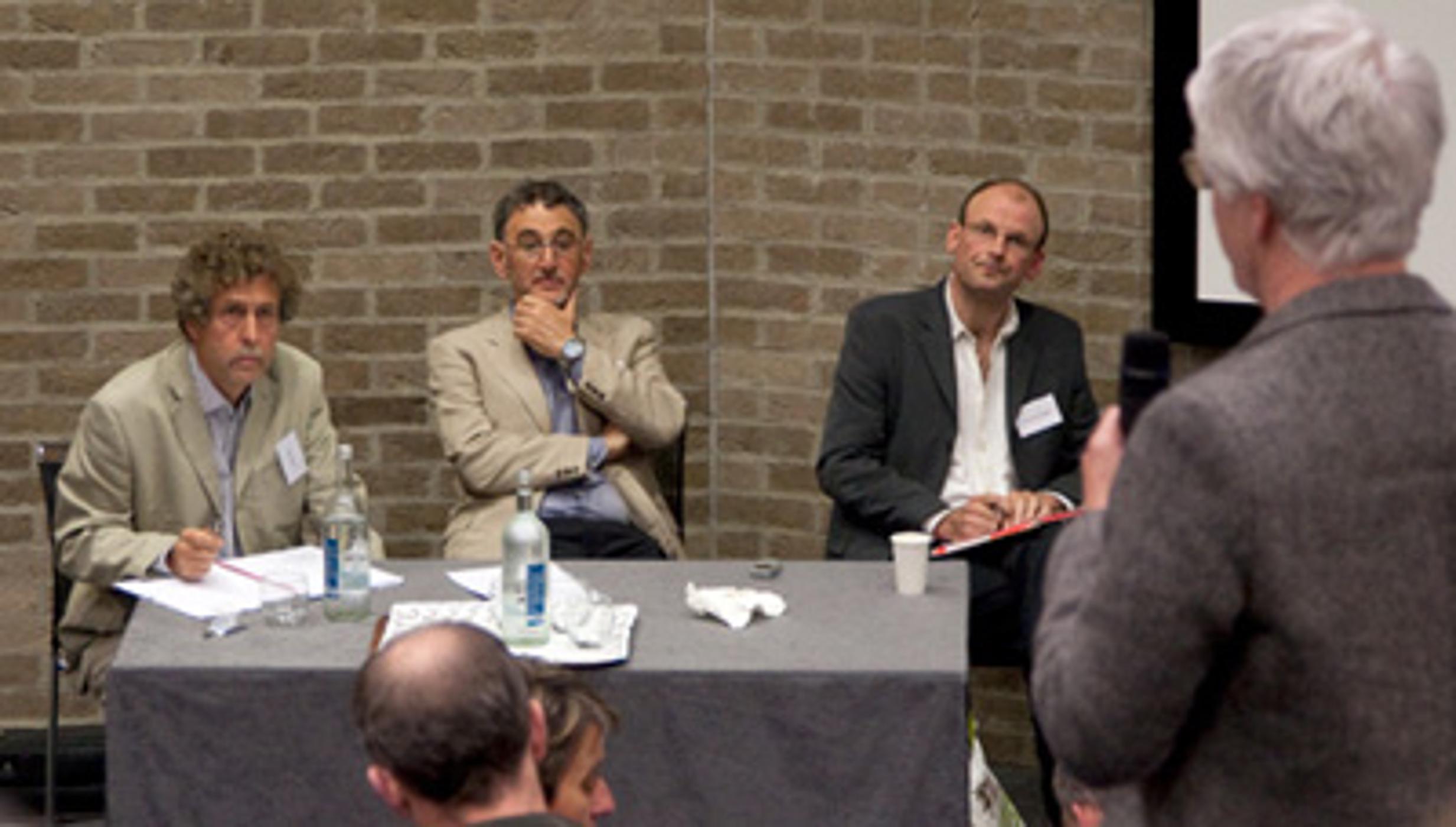Climate Investments optimized under uncertainty
Update: 2010-12-10
Description
While the EU has been propagating the 2° target over the last decade, now also the Copenhagen Accord (2009) recognizes that 'the increase in global temperature should be below 2 degrees Celsius' (compared to pre-industrial levels). In recent years, energy economics have derived welfare-optimal investment streams into low-emission energy mixes and associated costs. According to our analyses, auxiliary targets that are in line with the 2° target could be achieved at relatively low costs if energy investments were triggered rather swiftly.
While such analyses assume 'perfect foresight' of a benevolent 'social planner', an accompanying suite of experiments explicitly acknowledges the rather uncertain nature of key responses to human decisions within the climate as well as the technology system. We outline first results into that direction and indicate an intrinsic need for generalisation within target approaches under uncertainty.
While such analyses assume 'perfect foresight' of a benevolent 'social planner', an accompanying suite of experiments explicitly acknowledges the rather uncertain nature of key responses to human decisions within the climate as well as the technology system. We outline first results into that direction and indicate an intrinsic need for generalisation within target approaches under uncertainty.
Comments
In Channel








